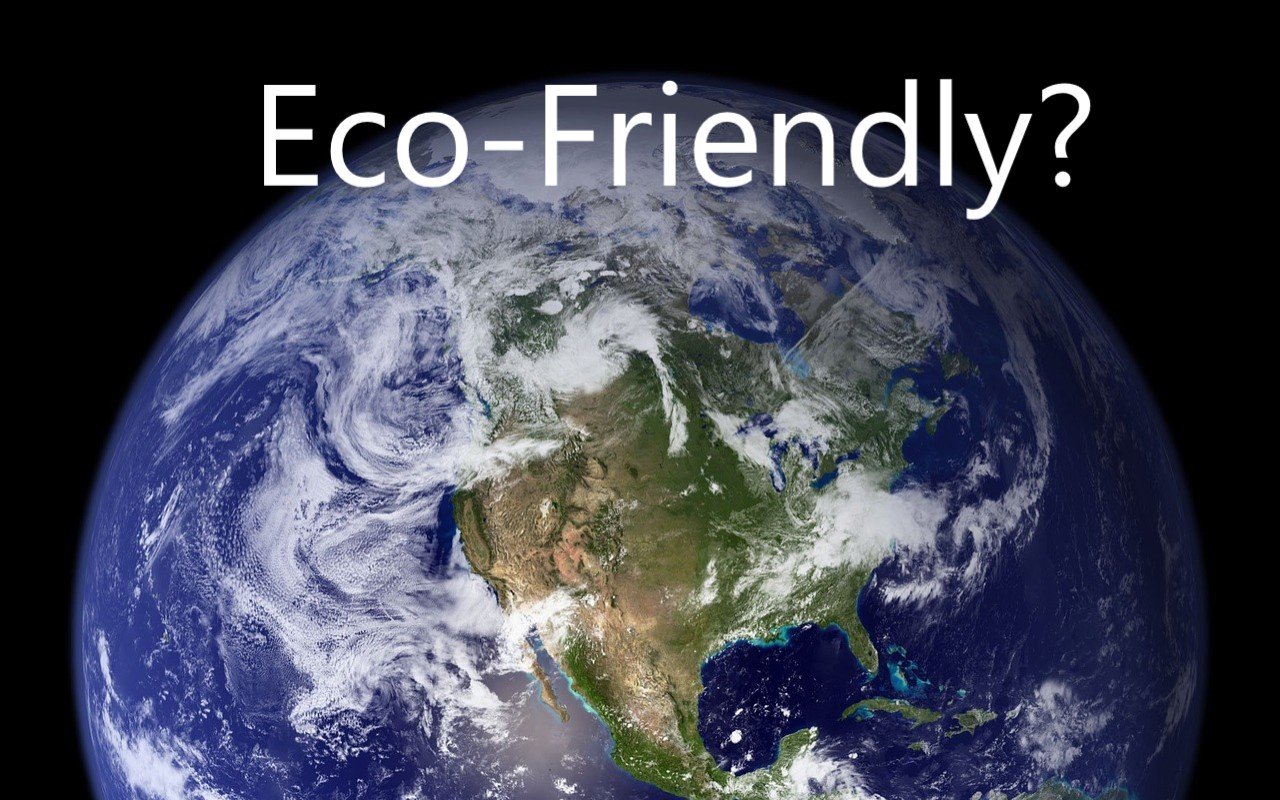As our world becomes more environmentally conscious, the term “eco-friendly” is frequently used. But what does it really mean? In simple terms, eco-friendly refers to practices or products that are less harmful to the environment. This includes minimizing waste and pollution, conserving resources, and promoting sustainability. Understanding the concept of eco-friendly is crucial in our efforts to create a more sustainable future.
What does “eco-friendly” really mean?
To truly grasp the meaning of eco-friendly, we must delve into its core principles. At its essence, eco-friendly is about reducing our negative impact on the environment. This can involve adopting eco-conscious habits, such as recycling, conserving energy, and using renewable resources. It also encompasses supporting businesses and industries that prioritize sustainability and ethical practices. Ultimately, eco-friendly means living in harmony with nature and taking responsibility for our actions.
The significance of eco-friendly practices
Embracing eco-friendly practices is essential for the well-being of our planet and future generations. As human activities continue to contribute to climate change and environmental degradation, it is crucial that we make a collective effort to mitigate these effects. Eco-friendly practices help reduce pollution, conserve natural resources, and protect biodiversity. They also promote healthier living conditions and a more sustainable economy. By adopting eco-friendly practices, we can create a positive impact on both our immediate surroundings and the global environment.
Debunking common misconceptions about eco-friendly
There are several misconceptions surrounding the concept of eco-friendly that need to be addressed. One common misconception is that eco-friendly products are always expensive. While it is true that some eco-friendly products may come with a higher price tag initially, they often offer long-term savings. For example, energy-efficient appliances may cost more upfront but can significantly reduce utility bills over time. Additionally, many eco-friendly options, such as reusable products, are cost-effective in the long run.
Another misconception is that eco-friendly practices require drastic lifestyle changes. While it is commendable to make significant changes, even small actions can make a difference. Simple habits like using reusable bags, turning off lights when not in use, and reducing water consumption can have a significant environmental impact when practiced collectively. It’s important to remember that eco-friendly practices are about progress, not perfection.
Eco-friendly products and their benefits
Eco-friendly products offer numerous benefits beyond their positive impact on the environment. They are typically made from sustainable materials, which reduces the strain on natural resources. These products also tend to be free from harmful chemicals and toxins, making them safer for both humans and the environment. Additionally, many eco-friendly products are designed to be durable and long-lasting, reducing the need for frequent replacements. By choosing eco-friendly products, we can contribute to a healthier and more sustainable future.

How to identify eco-friendly products
Identifying eco-friendly products can be a daunting task, as greenwashing is prevalent in the market. Greenwashing refers to the deceptive practice of labeling products as eco-friendly when they are not. Almost every company claims to be eco-friendly or green, but many of them aren’t.
To avoid falling into this trap, look for third-party certifications and labels that verify a product’s eco-friendliness. Certifications such as Energy Star, Forest Stewardship Council (FSC), and USDA Organic can provide assurance of a product’s sustainability. Additionally, research the company’s environmental policies and practices to ensure they align with your values. By doing your due diligence, you can make informed choices and support genuinely eco-friendly products.
Ethically made products are as important as eco-friendly. Technically, eco-friendly focuses on the environment, and ethically made focuses on the environment and the impact on people during production. Ethically made means no sweatshops, child labor, animal testing, or environmentally harmful materials.
The importance of supporting eco-friendly businesses
Supporting eco-friendly businesses is crucial for creating a sustainable future. By choosing to spend our money on environmentally responsible products and services, we send a clear message to businesses that sustainability matters. This encourages more companies to adopt eco-friendly practices and invest in sustainable initiatives.
Companies understand money. They will create more eco-friendly products if they know they can make more money. Additionally, supporting eco-friendly businesses helps create green jobs, stimulates the economy, and fosters innovation. Every purchase we make is an opportunity to make a positive impact on the environment and support businesses that prioritize sustainability.

Embracing eco-friendly practices for a sustainable future
Understanding the true meaning of eco-friendly is crucial in our journey towards a sustainable future. It is about adopting practices that minimize harm to the environment, conserving resources, and promoting sustainability. By debunking common misconceptions and embracing eco-friendly habits, we can make a positive impact on the planet. Identifying eco-friendly products and supporting businesses that prioritize sustainability are essential steps in this endeavor. Let us all come together and take responsibility for our actions, for a greener and more sustainable tomorrow.
Eco-friendly is a practice or product that has little to no negative impact on the environment.
